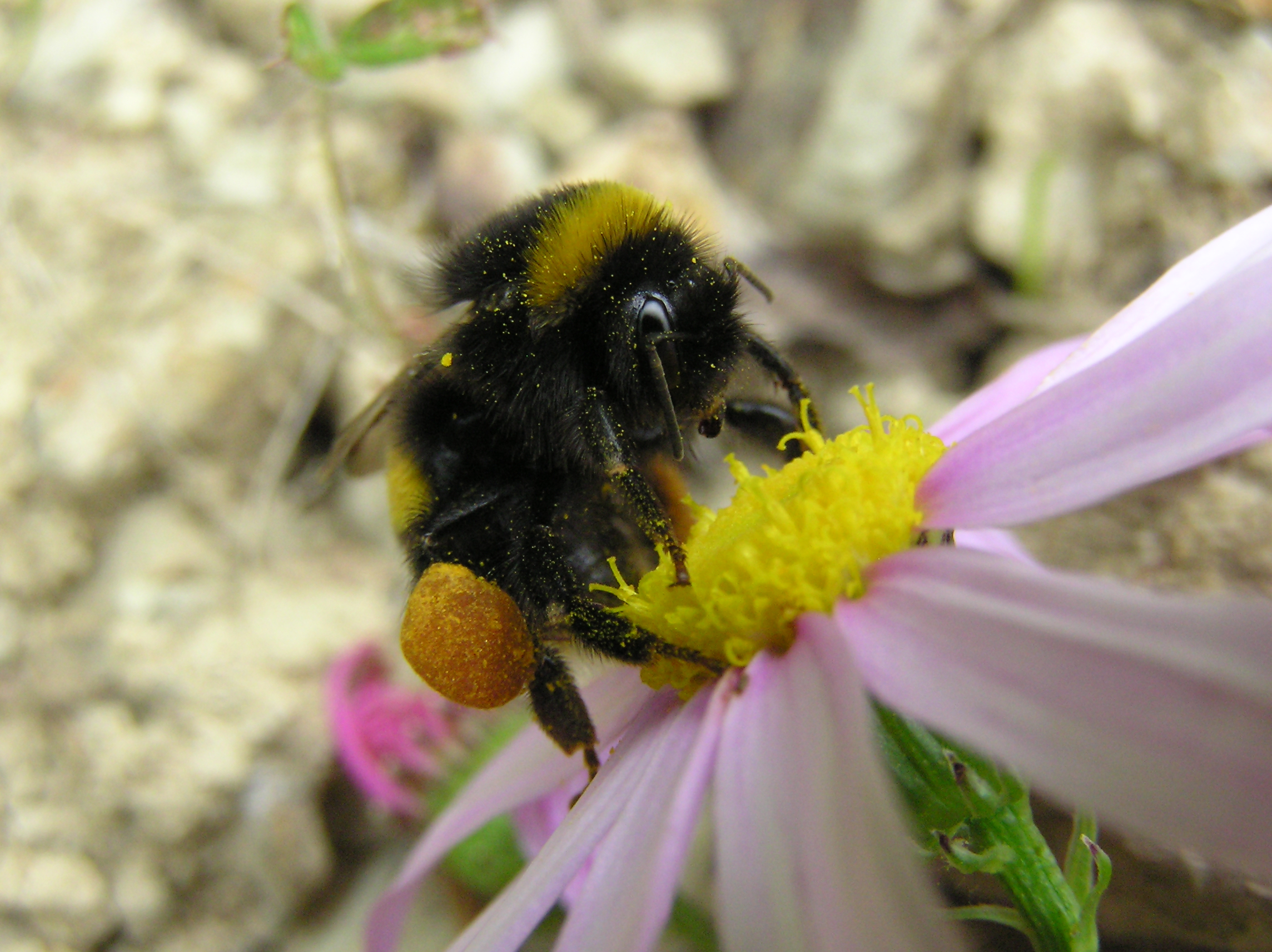
In Win for Beekeepers, Minnesota Links Insecticide to Damaged Hives
In the first test of a landmark environmental law, Minnesota has compensated two beekeepers whose hives were severely damaged last spring by toxic dust that drifted off the fields of a neighbor planting corn.
Investigators from the state Department of Agriculture confirmed, in effect, what beekeepers have been saying for years: Even when used according to law, the most widely used class of insecticides in the world are acutely toxic to honeybees under routine circumstances.
March 20, 2016 | Source: Star Tribune | by Josephine Marcotty
In the first test of a landmark environmental law, Minnesota has compensated two beekeepers whose hives were severely damaged last spring by toxic dust that drifted off the fields of a neighbor planting corn.
Investigators from the state Department of Agriculture confirmed, in effect, what beekeepers have been saying for years: Even when used according to law, the most widely used class of insecticides in the world are acutely toxic to honeybees under routine circumstances.
Even more importantly, said state Sen. Rick Hansen, the finding marks a precedent in the ongoing national fight over the controversial group of insecticides called neonicotinoids, which have been implicated in the decline of bees and other wild pollinating insects.
“This is the first action of any state, a finding of fact, that neonicotinoids are harmful to bees,” said Hansen, who sponsored the 2014 law that created the compensation system. “Once you have a state compensating people for a loss, it’s real.”
An official with Bayer CropScience, which makes the insecticide, said he is not familiar with the case and could not comment.
The insecticide in question, clothianidin, is used as a coating on most of the corn and soybean seeds used in American agriculture. Farmers use it as a preventive to protect seedlings from insects in the soil. As the plant grows, the toxin grows with it, making the entire plant poisonous.
How poisonous — and how much poison leaches into the environment season after season — has been the subject of intense debate. The state Department of Agriculture is conducting a review of neonicotinoids in Minnesota, with results expected in coming months.
The U.S. Environmental Protection Agency is also reviewing compounds, and recently announced that one of them, imidacloprid, showed clear damage to hives and honey production even when used appropriately on some crops. Its review of clothianidin is expected to be complete by the end of this year.
Bayer CropScience has disputed the EPA’s finding on clothianidin, as well as multiple other international studies showing that the insecticides, a neurotoxin for insects, have sublethal effects on bees’ ability to navigate long distances, communicate inside the hive and reproduce.
